NEW ENGLAND FOOD ADVOCATES RELEASE NEW RESEARCH ON THE STATE OF THE REGION’S FOOD SYSTEM:
Report shows Rhode Island food consumption far outpaces its production ability
June 5, 2023 (PROVIDENCE, RI) – A new report puts forth a regional goal of producing and consuming 30% of New England’s food needs in the region by 2030. Commissioned by the New England State Food System Planners Partnership, a collaboration between the Rhode Island Food Policy Council, five other state-level organizations and Food Solutions New England, it outlines the role New Englanders can play in making the region’s food system stronger and more self-reliant. The report – – is a product of 16 researchers exploring the opportunities and needs along the food supply chain in New England, and highlights the land, sea, and labor needs of the region, consumer purchase metrics, distribution trends, and population projections that will impact the region’s ability to feed itself in the coming years.
“The size and location of our state can serve as a unique opportunity to lead the way for our New England neighbors in integrating some common sense approaches to making our food system more self-reliant,” said Nessa Richman, Network Director of the Rhode Island Food Policy Council, a partner of the New England State Food System Planners Partnership. “Becoming more self-reliant requires expanding our food supply chains, building up our infrastructure, and retaining control of our land and sea resources. In return, it can mean more local jobs, a competitive business environment, and a more predictable food system that is less susceptible to interruption like natural disasters or public health emergencies.”
The , released publicly today, illustrates Rhode Island’s purchasing power in the effort to strengthen the local food system for itself and its New England neighbors. Rhode Island is home to seven percent of the region’s population and accounts for just shy of that percentage in retail food sales – 6.3%. It is also home to 6.6% of food sector employment in the region. But Rhode Island holds only 1.5% of agricultural land, meaning our local food supply chain is highly reliant on producers from outside its borders.
“The gap between what Rhode Island consumes and what it produces can come from across the country or even the world, or it can come from right next door at a farm, in a greenhouse, or from a fishery right here in New England,” said Julianne Stelmaszyk, Director of Food Strategy at the Rhode Island Commerce Corporation. “Together, we can build Rhode Island’s next five-year food system development plan in order to strengthen local farms and food businesses, be less dependent on a global food supply, and expand access to agricultural land so more of the food consumed here can be produced here.”
New England states had a total food expenditure of over $87.1 billion in 2019, or about $5,868 per person in the region. In order to ensure that 30% of New England’s food needs are met with New England products, the average New Englander would have to spend about $1,760 of that total food expenditure on regionally-produced food. By 2030, total food expenditures are projected to reach $98.4 billion, or about $1,890 per person to reach the 30% goal.
The New England State Food System Planners Partnership is a collaboration among six state-level food system organizations and Food Solutions New England who are mobilizing their networks to impact local and regional food supply chains, and strengthen and grow the New England regional food system. The Partnership disseminates information on trends, challenges and opportunities to hundreds of groups across the region that connect with our individual state initiatives. The Partnership works in collaboration with the regional Food Solutions New England network and in alignment with its New England Food Vision, and also in collaboration with state governments and groups supporting local and regionally-based food supply chains.
The Rhode Island Food Policy Council is a network of food system stakeholders centering equity, accessibility, economic vitality, and environmental sustainability. The network engages stakeholders to advocate for policy priorities that will strengthen the state’s ability to feed itself, plan strategically, and coordinate with its New England neighbors.
For images related to this work, see our Media Images.

LEARN MORE ABOUT RIFPC’S REGIONAL PARTNERS

